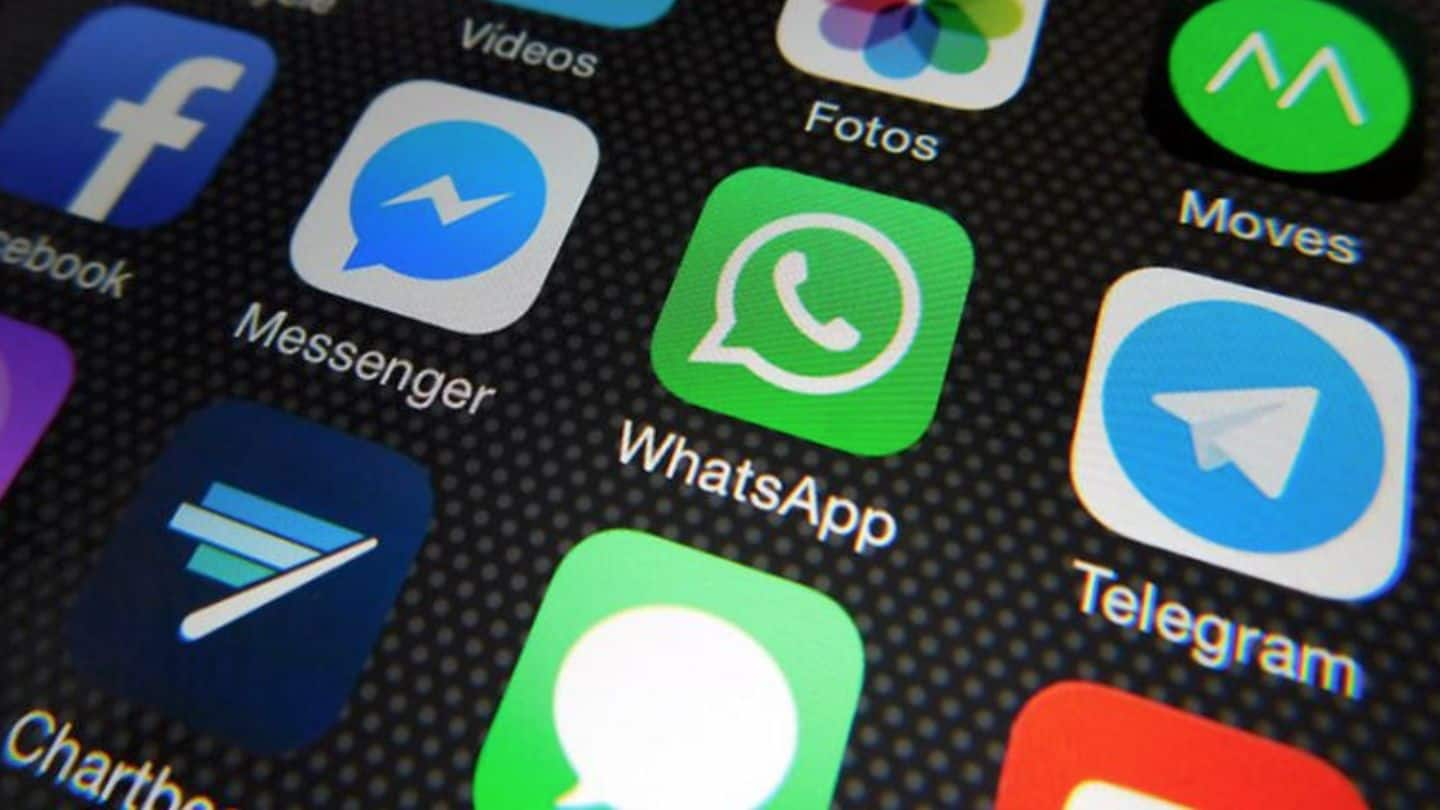
Indian activists ask messaging apps to change group chat rules
What's the story
A group of Indian activists has asked Internet-based messaging service providers such as WhatsApp, Telegram, and others to amend their group chat rules so that users cannot be added to groups without their consent. The activists said that all major messaging services allow users to be added to groups without permission which exposes their personal credentials. Here's more about this protest.
Privacy first
Open letter written to Facebook and Telegram CEO
Activists led by Software Freedom Law Centre and a few other civil society organizations have written open letter to Facebook CEO Mark Zuckurberg and Telegram CEO Pavel Durov, urging them to take corrective measures. In the letter, they said that apps permit users to be added to groups without their permission, which exposes their phone numbers and profile pictures to all the group members.
Quote
Users have no option but to quit the group chat
"In the absence of a mechanism to prevent themselves from being added to groups that they would not like to participate in, users have no option but to manually exit the groups," read the letter.
Beyond privacy
Being part of such group chats can be damaging
While the risk of getting one's personal information looms large, users are also "forcefully exposed to a range of subjectively undesirable content that they would never have signed up for otherwise," said the letter. Moreover, malicious actors can use this questionable group chat feature in abusive and harassing ways such as by creating troll groups and subject their victims to large-scale disparagement.
Corrective measures
Given blocking won't help, what is the way out?
According to the activists, blocking such actors isn't a way out as blocked contacts can still communicate with their blockers over group chats. The risk of data misuse or harassment continues to prevail until corrective measures are adopted by industry heavyweights such as WhatsApp and Telegram. Hence, modification of the group chat rules, wherein a user is in control, is the need-of-the-hour.